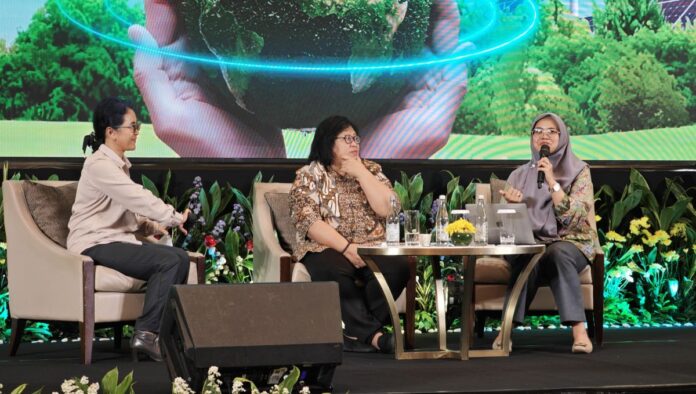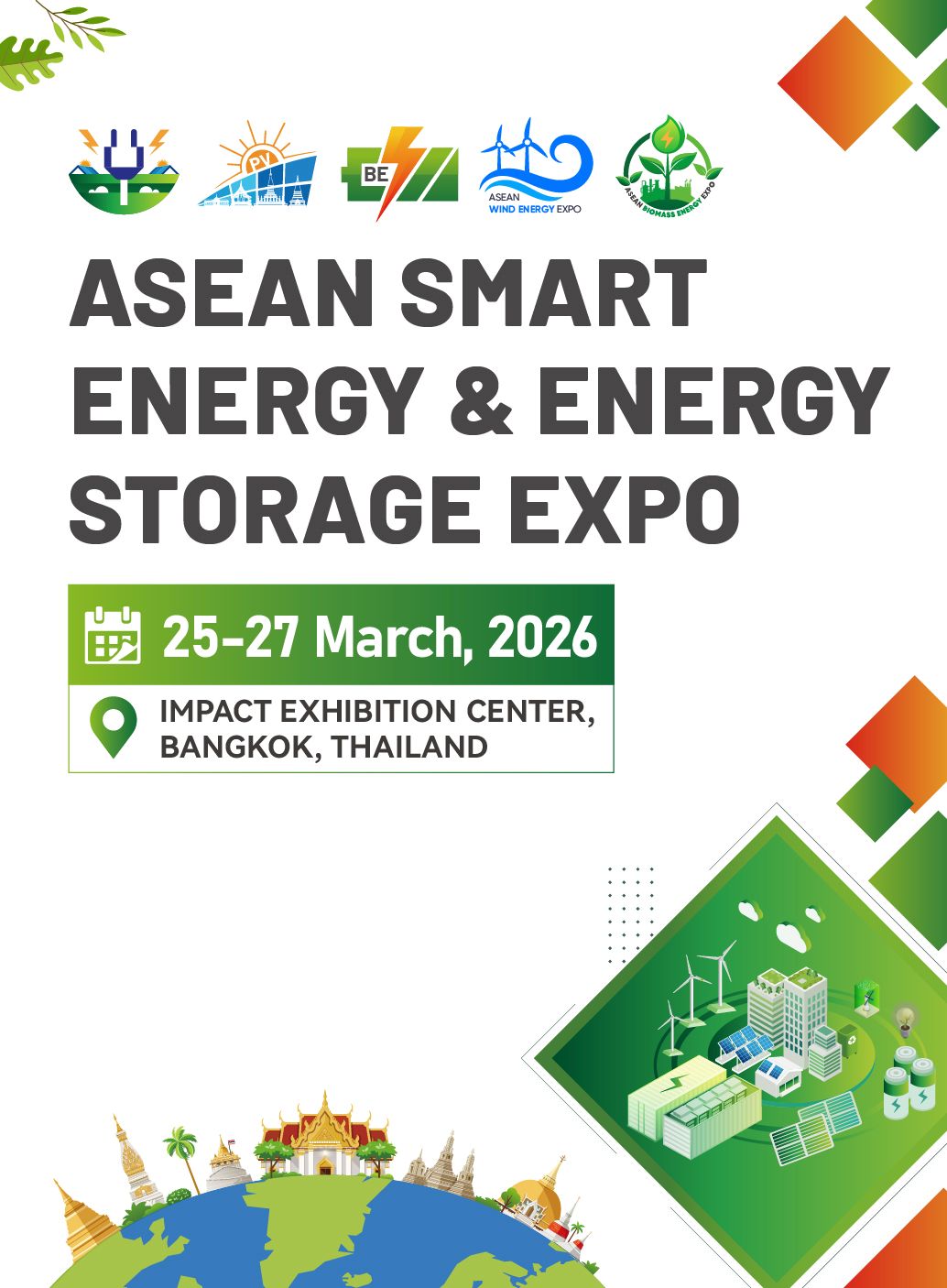Ecobiz.asia — Indonesia will bring a strong and balanced message of fairness and leadership from the Global South to the UN Climate Change Conference (COP30) in Belém, Brazil, early November.
Veby Vanadila, one of Indonesia’s negotiators from the Ministry of Environment, and Yulia Suryanti, Head of Public Relations at the ministry, said the delegation will push for just and predictable climate finance while showcasing Indonesia’s concrete progress in emission reduction and sustainable development.
“At COP30, Indonesia will emphasize that developed countries must fulfill their historical responsibilities, while developing countries continue to act according to their capacities,” Veby told reporters at a media briefing in Jakarta, Wednesday (Oct. 29, 2025).
She said Indonesia’s approach would combine technical precision with accessible communication to make climate diplomacy more grounded and results-oriented. “This is very technical and complex, but we want our messages to be understood and relatable,” she said.
Veby added that Indonesia’s participation reflects both pride and responsibility, noting the country’s progress in carbon trading, renewable energy expansion, and other sustainability programs under the Paris Agreement framework.
“As the Minister has said, Indonesia has already taken concrete steps — including through the S&B2 program. We are optimistic and confident these actions will deliver results,” she said. “That’s why we’re often described as leading by example — we don’t just ask for funding; we show that we’ve acted first.”
Yulia, who leads the delegation’s financial and administrative negotiations, said Indonesia would also highlight the imbalance in global climate financing. “Developed countries must be reminded of their historical responsibilities,” she said. “They are largely responsible for the emissions that caused this crisis, yet the financial burden is now being shifted toward developing nations. That’s not fair.”
She said Indonesia’s stance would remain constructive but assertive, noting the country’s position as a member of both the G77 and the G20. “We have to navigate carefully, but we will not allow the principle of fairness to be distorted. We are not the historical emitters, and we’ll continue to remind developed nations that responsibility cannot be shifted,” she said.
Both negotiators also referred to the ongoing work to operationalize the Fund Responding for Loss and Damage (FRLD), designed to help countries most affected by climate-related disasters. Indonesia, they said, would advocate for mechanisms that ensure equitable access for developing countries and stronger accountability from donor nations.
Veby added that Indonesia’s strategy in Belém would focus on progress rather than protest. “Developing countries cannot be expected to act without financial support. Everyone in the negotiations knows — in the end, it’s about the money. How can we transition to clean energy without real investment and assistance?” she said.
Indonesia’s delegation aims to show that developing nations can lead with integrity and conviction. “Indonesia acts before it asks,” Veby said. “Leadership in climate action is not defined by wealth, but by will.” ***





